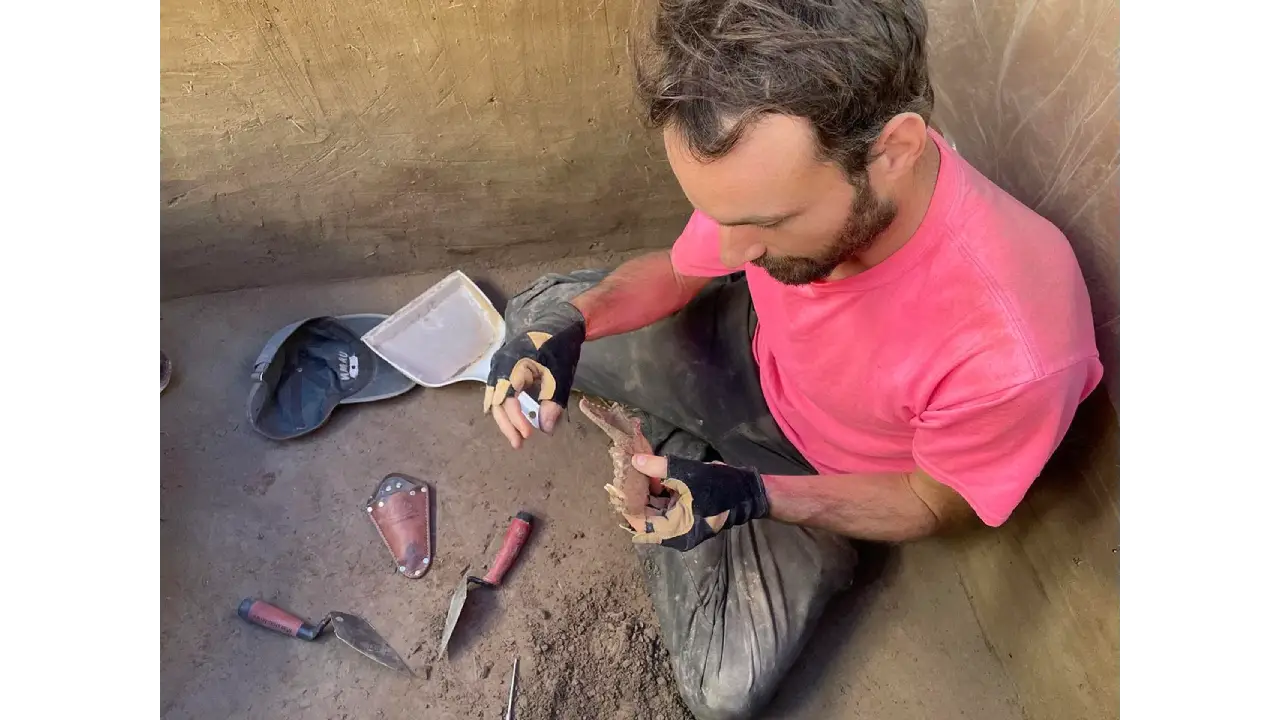A groundbreaking discovery has unveiled a deep-rooted connection between humans and canines in the Americas, dating back an astonishing 12,000 years. This revelation, published in Science Advances, pushes back the timeline of human-dog companionship in the region by a significant 2,000 years.
Led by Dr. François Lanoë, an assistant research professor at the University of Arizona, the research team delved into archaeological findings from Alaska. The centerpiece of their study is a 12,000-year-old canine tibia unearthed at Swan Point, a site near Fairbanks. This ancient bone, dating back to the end of the Ice Age, provides compelling evidence of early interactions between Indigenous people and the ancestors of modern dogs or tamed wolves.

Further evidence emerged from the discovery of an 8,100-year-old jawbone at Hollembaek Hill, south of Delta Junction. Both bones exhibited signs of potential domestication, suggesting a close relationship between humans and these ancient canines.
A surprising dietary detail came to light through chemical analysis: the presence of substantial salmon proteins in the canine remains. This finding, according to Ben Potter, an archaeologist at the University of Alaska Fairbanks and co-author of the study, is a strong indicator of reliance on humans for food. Such behavior is characteristic of domestication or a close symbiotic relationship.
While the genetic analysis revealed that these ancient canines are not directly related to modern dog populations, their behavioral patterns, such as their reliance on human-provided food, point towards a dog-like existence. Dr. Lanoë suggests that these animals may have been tamed wolves rather than fully domesticated dogs.

The study also underscores the importance of Indigenous partnerships in archaeological research. The Healy Lake Village Council, representing the Mendas Cha’ag people, granted permission for the genetic testing of the canine specimens. Evelynn Combs, a Healy Lake member and archaeologist, highlighted the enduring bond between humans and dogs in her community, emphasizing the deep-rooted connection that continues to this day.
Dr. Lanoë emphasized the broader significance of these discoveries, stating that they provide concrete evidence of the ancient bond between humans and canines in the Americas. This revelation challenges previous understanding and offers valuable insights into the complex relationship between humans and animals in the past.

Leave a Reply